In North Carolina & South Carolina a common type of termite is called "Eastern Subterranean Termite." Subterranean termites can grow very large colonies with millions of termites, which can do considerable damage in a short amount of time. During a wood destroying insect inspection a licensed wood destroying insect specialist performs a careful visual examination of all accessible areas of the home. The specialist will use sounding and probing of accessible areas particularly susceptible to attack by wood-destroying insects. The evidence the specialist is looking for includes both present and past activity of wood-destroying insects visible in, on or under a structure, or in or on debris under the structure. The specialist will report all visible evidence of wood-destroying insects and any conditions conducive to subterranean termites. The question this article intends to answer is whether or not one should have this type of inspection performed prior to purchasing a home.
My Job:
My responsibility during a home inspection is to seek and find any damage to the home’s systems and components due to termites and other wood destroying insects. In order to do this, I have acquired an understanding of conditions conducive to termites, and areas that are highly susceptible to termite infestation. For this reason, I often find termite evidence, whether active or not, during the home inspection. Because of this, some people ask me why they even need a termite inspection if I am already looking for damage related to termite infestation. My answer to this question is that they do need a termite inspection for the following reasons:
1). Only a licensed termite inspector can provide you with an official report typically required by many loans. In order to be a licensed termite inspector in North Carolina, one has to be employed under a licensed pest specialist for a certain amount of time. I have not been able to do this, so I sub out the termite inspection to a specialist licensed in this type of inspection who can provide an official report.
2). Home inspectors are called “generalists.” This means that we have an overall general knowledge about the systems and components of the home and those things that negatively affect the home. We look at the home as a whole system in a general way. This means that we are not “specialists.” Specialists have a more technical and scientific knowledge about their specific area of expertise, and only focus on the areas of their profession. These specialists also have the means and skills to give price estimates, repair, and/or mitigate any issues that they discover. Because I am not focused solely on discovering termite damage, but I am focused on multiple systems and components at a time, I have been known to miss evidence of termites that the specialist who came behind me discovered because he was completely focused on that task.
3). Having a licensed professional who specializes in termite discovery will better assist you in negotiations with a homeowner. You will most likely need to provide official evidence of any discovery of termites and the amount of the cost to mitigate the problem in order to successfully negotiate with a homeowner. A specialist specifically licensed to inspect for termites will best serve you in this endeavor.
The following photos are discoveries I made during home inspections related to termites and termite damage:


Conclusion:
It is highly recommended that you have a termite inspection prior to purchasing a home. The inspection and report by a licensed professional is a great addition to a professional home inspection report. Both will give the needed information to make the best and most informed decision regarding one of the biggest investments you will make. If you are in need of a good termite inspection company, feel free to contact Adam Duncan of Duncan Home Inspection Services, and I will direct you to a company I have grown to trust.

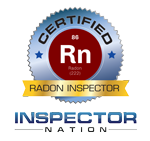
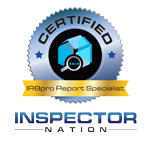
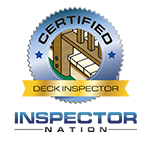
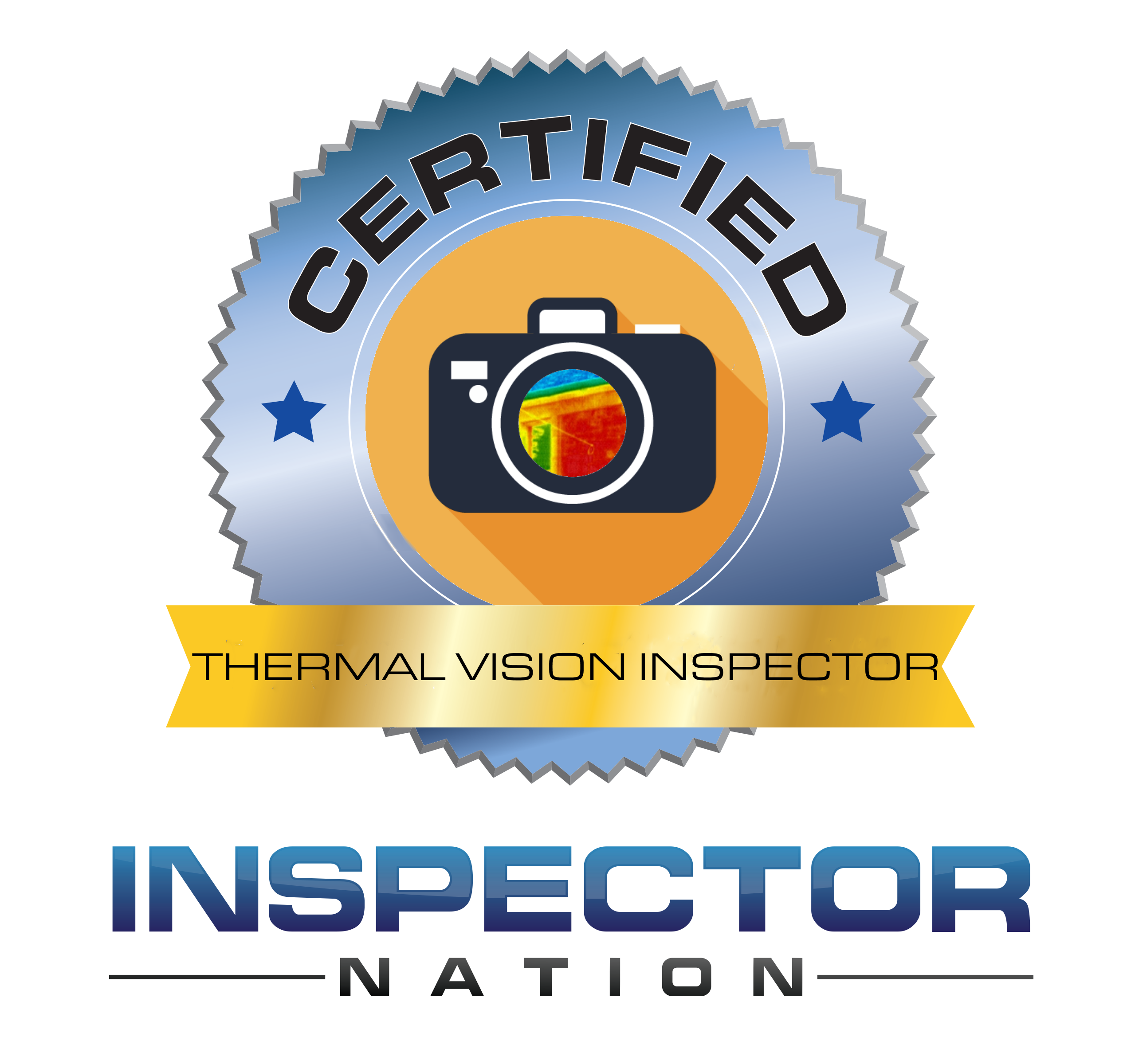
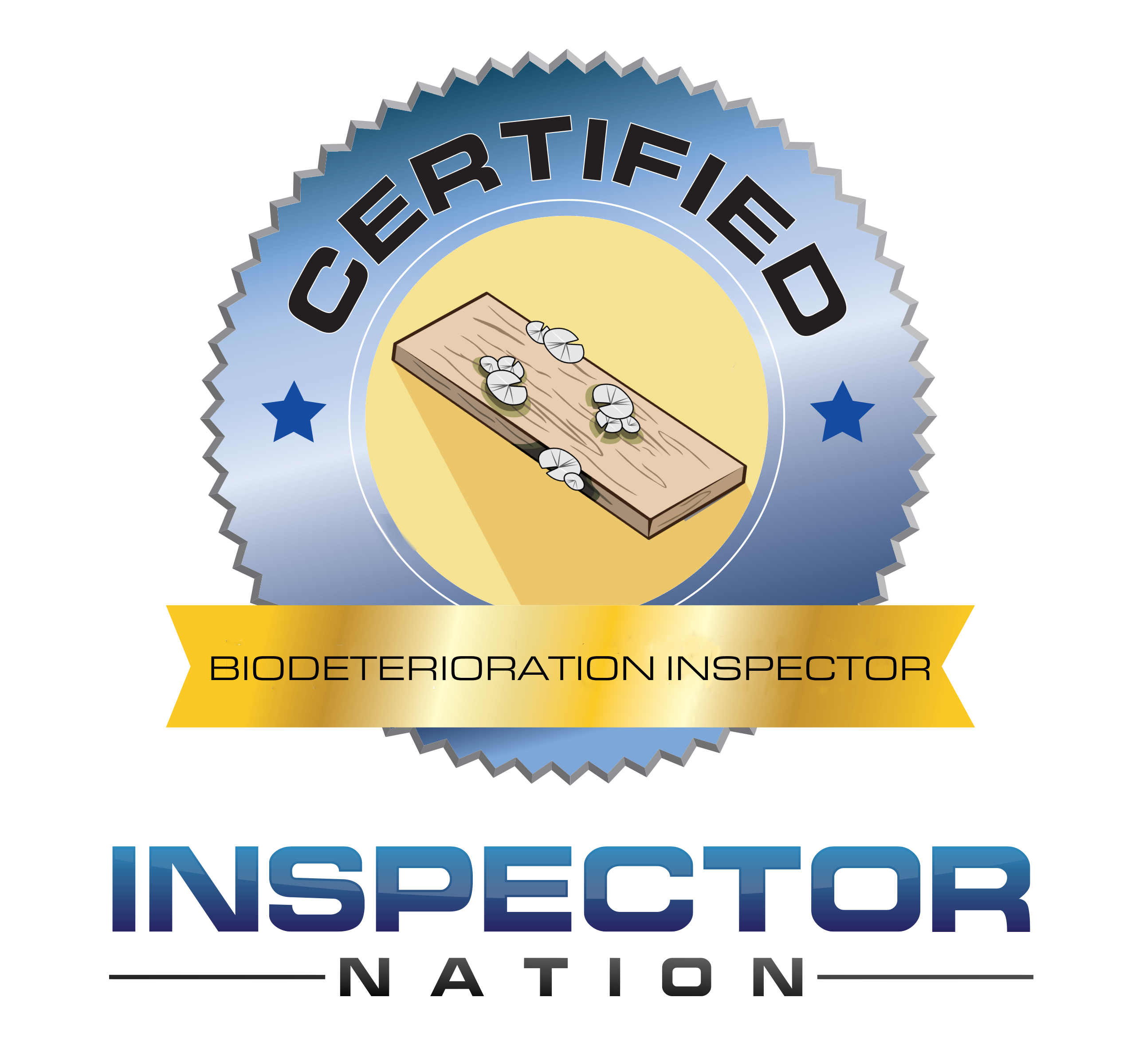
 >
>